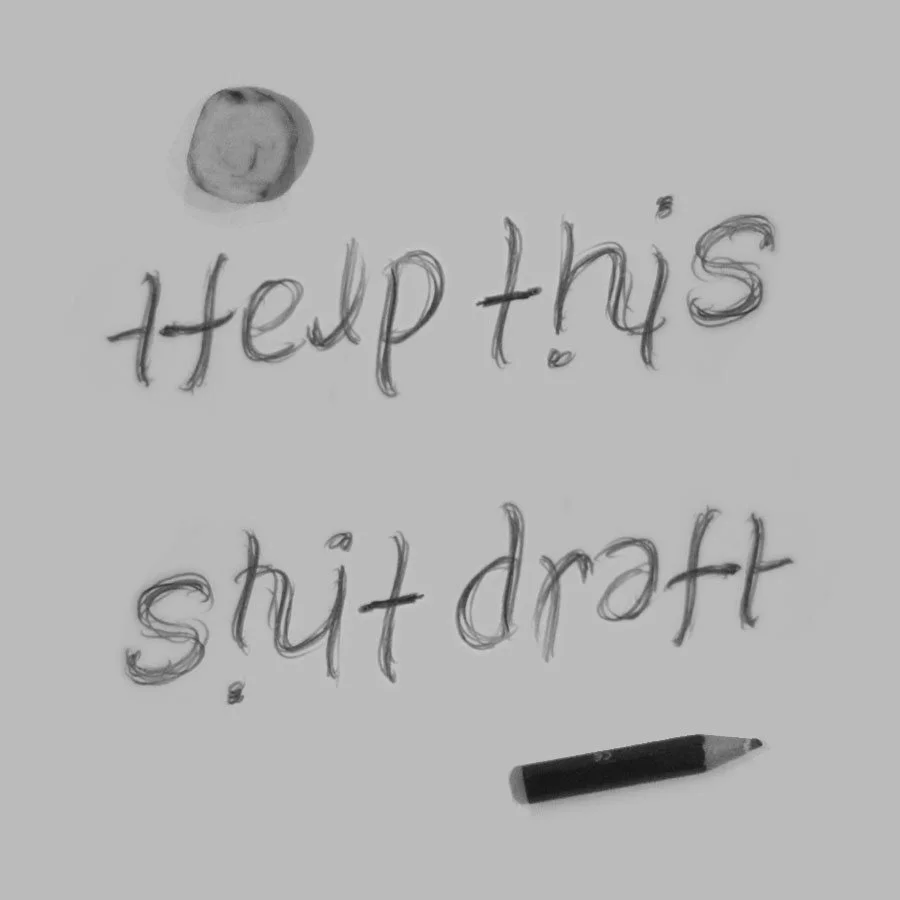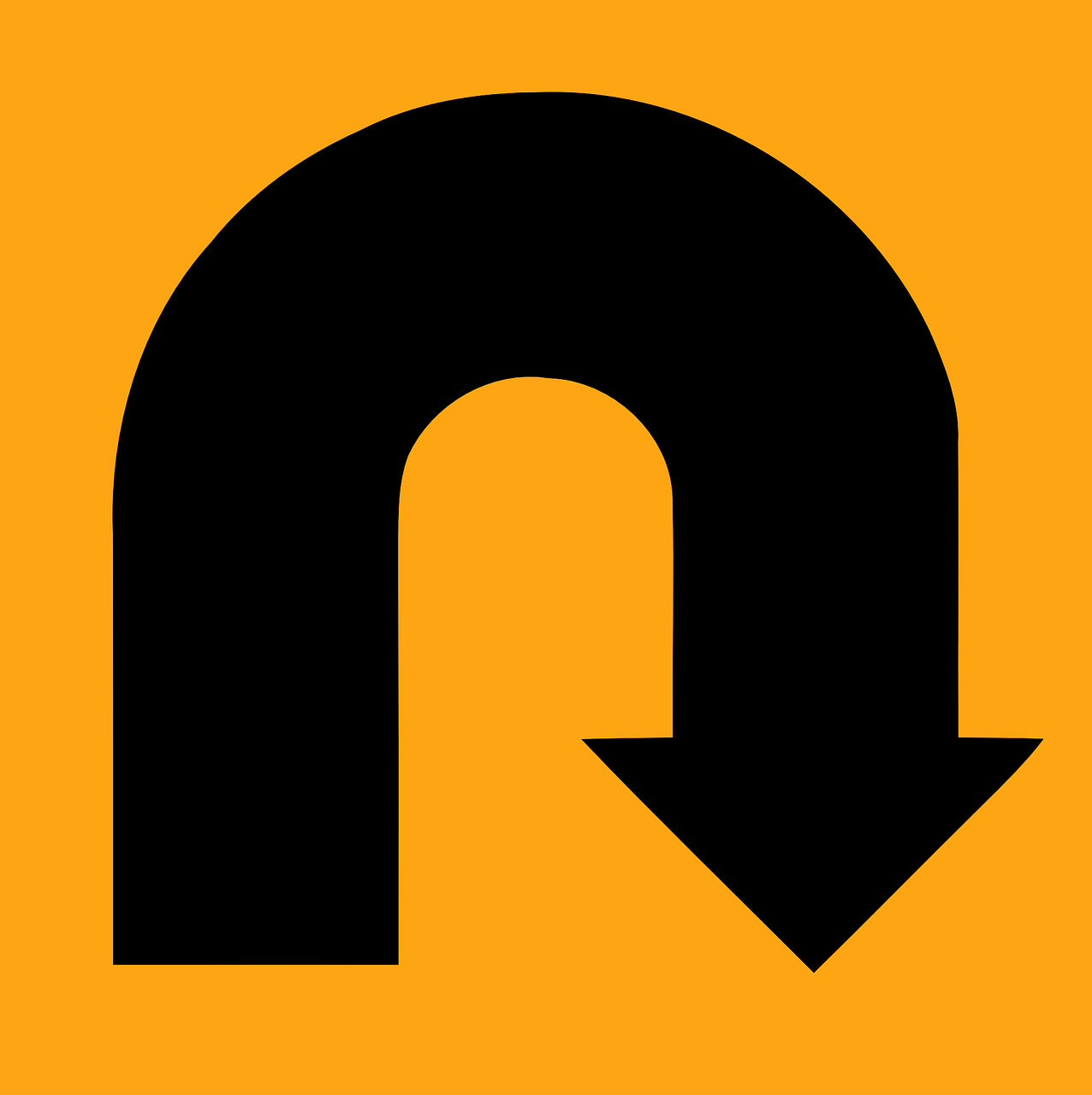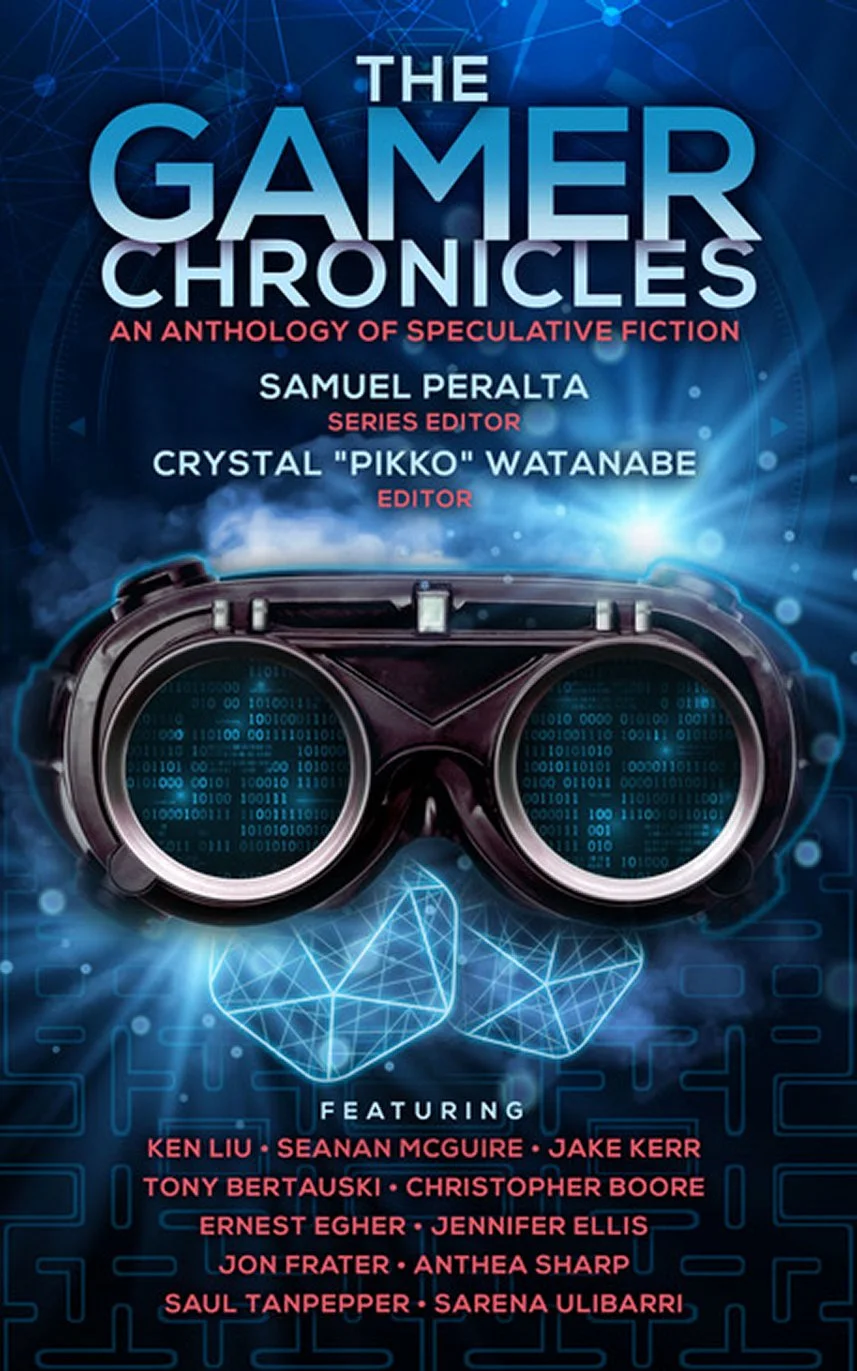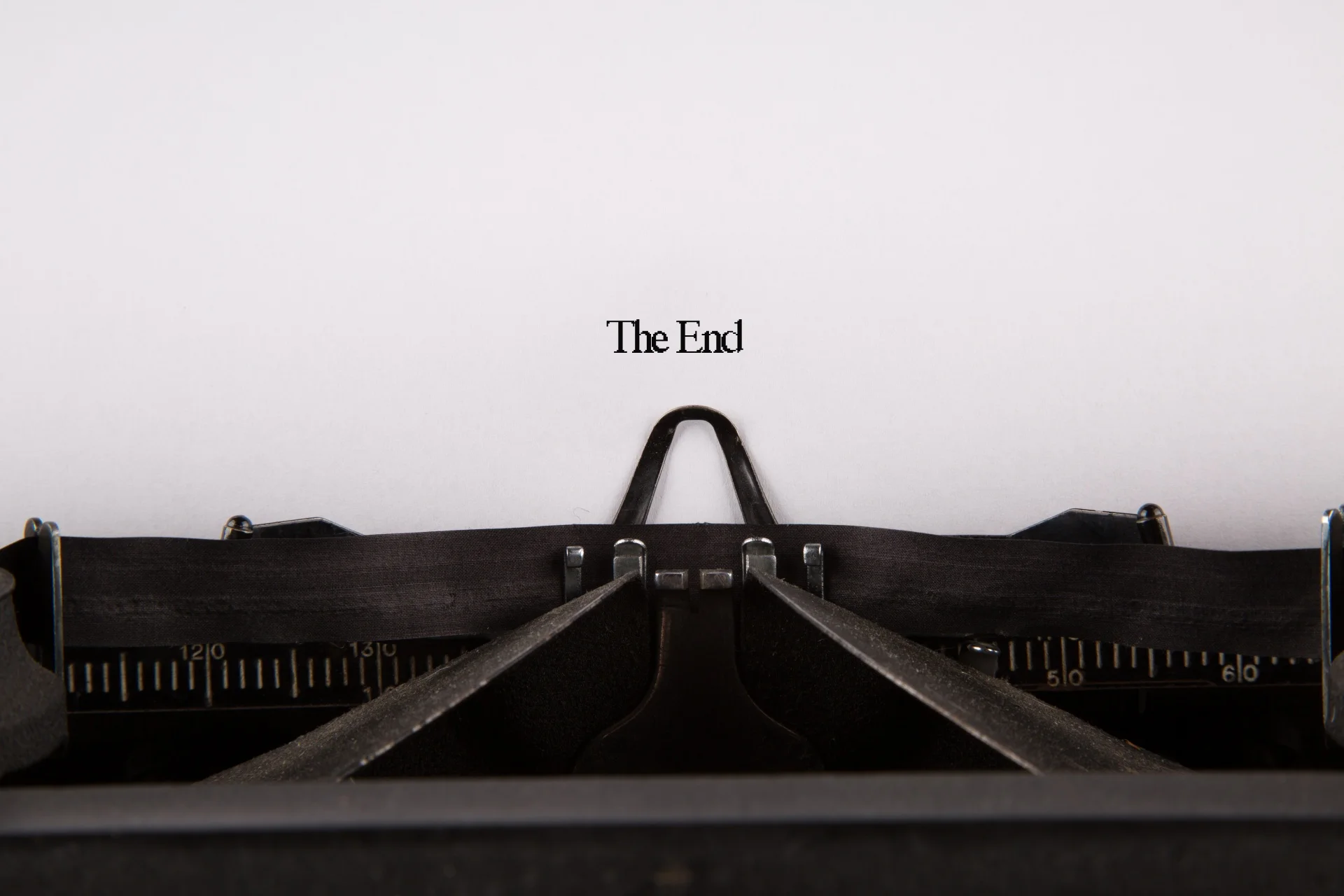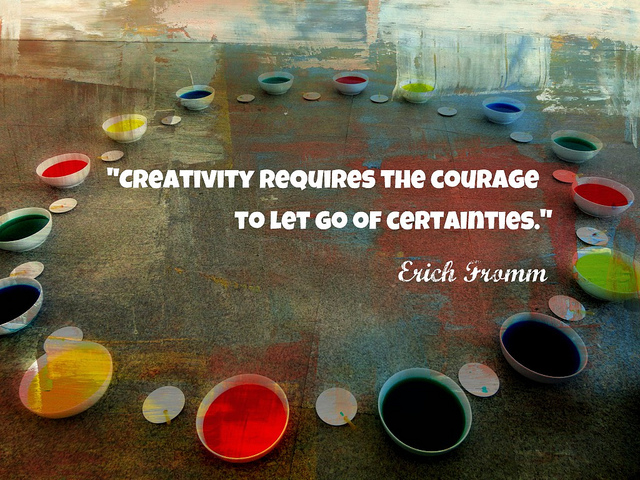Balancing writing and the day job. The age-old conundrum for writers. As Elissa Field points out, “The repeated refrain in evaluating the perfect day job is the need to earn a living against a writer’s hunger to preserve time and creative energy for writing.” Although the indie world is making it increasingly possible for people to be full-time writers, that still doesn’t happen to most of us. As Liz Entman Harpur observed, “the truth is that being a full-time writer is basically just the literary equivalent of a career in the NBA.” I don’t know if that is strictly true anymore. There seem to be a lot of full-time writers out there, but it is still true for many of us.
After a sobering look at our finances a few months ago, I realized that I needed to make more money somehow—one of our vehicles got totaled a few weeks ago, my kids are going to need to go to university, and skiing is an expensive hobby (as is, it turns out, eating). Although my writing revenues are increasing, they are not increasing rapidly enough to match my consulting income. When a great part-time contract fell into my lap in November, I decided I should take it, both for the money and the career furthering opportunity (and it’s cool to be part of a fantastic team doing important work).
I could have made the case to myself for holding off on taking on a new contract a bit longer. After all, I’m on the upward writing income trend, right? But it isn’t a quick upward trend, and I worry about the sustainability of a writing career. Even if I did make it relatively big, for how many years could I make a reasonable income? I’m still going to continue to buy tickets in the writing lotto, of course, but I figure that maintaining a diverse and strong CV is still a valuable asset…
All right, that’s a falsehood, if I was coming close to replacing my income with my writing, I’d shove the professional CV down the toilet and throw all my eggs in the writing basket in a heartbeat.
But I digress… as 2016 moves forward at a rather alarming pace (inching ever closer to my May 15 deadline for my next Derivatives of Displacement book), I find myself thinking often about achieving a balance of some sort. Working at a demanding job in which I am mentally tracking multiple to dos and projects, even when I am not officially on the clock, leaves me less headspace than I would like for writing. I know all you writers who work full time and still churn out four novels a year are rolling your eyes at me right now. I did manage to write three novels two years ago while working three-quarter time, but doing so did have health costs that I do not care to repeat.
Not working and writing (at the same time) definitely causes my productivity to go way up. I earned enough money in the first four months of last year to enjoy a six-month stretch of focusing only on my writing. During that time, I got a lot done—two novels and two short stories under my name, and five novellas under my pen name. I also managed to more effectively do all the other things that go along with being a writer—social media, blogging, promoting my books in a myriad of ways, editing, proofreading, and managing my business.
Now that I am back to juggling, writing, working, parenting, housework, cats, exercising, cooking, and skiing, I’m finding myself more challenged to get words on the page and had started to feel a bit concerned as a result.
So I decided to look for tips on achieving balance. It is possible, right? Or maybe it isn’t. In a great blog post on achieving balance as a writer, David James Poissant points out:
“at all times, you will be either a bad parent, a bad writer, or a bad employee. Get used to being one of these things. The trick is to make sure you’re not being all three of these things all at once.”
He’s right, but darn it, I can’t afford to be bad at any of those three things. It was refreshing to read about other writers facing the same struggles, and to know that most writers are incredibly honest about the challenges of working for a living and still finding the muse. Susan Lanigan observed “For a working writer, there is constant awareness of needing to sacrifice, and pain associated with that need. It is never resolved.” After all, multiple writers throughout history have held down full time day jobs while writing, including Lewis Carroll, Bram Stoker, Philip Larkin, T.S. Eliot, Anne Rice, and Virginia Woolf. Then again, the leisurely publishing days of yore may have allowed for more of an easy union of writing and working.
So what are my top seven tips for finding balance?
1. This isn’t going to be a popular one in my house, but I am going to get my husband and kids to do more.
Everyone gets cranky when I’m not the one doing the grocery shopping and making dinner six nights out of seven. But I am going to stop feeling guilty about not making dinner two or three nights a week, even if everyone is grumpy about it. I will take their grumpiness with a smile and know that I have spent many years in the dinner trenches and now I am pursuing my dream, at least part of the time.
2. I am going to try and work in more short and intense bursts.
Sinéad Crowley, an Irish writer with a day job, notes “Because I have such a busy day job, I have developed the ability to work in short, intense bursts. I can sit down at the kitchen table at 8.30pm and write between 500 and 900 words and then that’s it, I’m done. Even if I had more time I don’t think I’d write more than that a day, my brain is trained to write like that now.”
3. I am going to stop checking Twitter, Facebook, Amazon, my email, and Goodreads fifty times a day.
It’s become a habit and a bad one. Even now my Facebook trigger finger is growing itchy, and I’ve only been trying to focus on this piece for like five minutes since my last check. I might even try to stop using Facebook (my biggest time sink) almost entirely. Blasphemy, you say. Even though I’ve met many marvelous writer friends, and fans on Facebook, and it’s great for writing events and hanging around the virtual water cooler, there’s lots of evidence that too much time on Facebook can have have a negative effect on mood. Even though I am happy for my writer friends when they accomplish something, a small part of me gets panicky and thinks maybe I’ll never make that break through or have that success. I don’t need to waste my time on that. If I’m going to work and write, I’m going to need every advantage I can get.
4. I’m not going to try to write at the same rate I was writing when I wasn’t working.
This is going to be hard. I became accustomed to that level of production, and it paid dividends in terms of my writing income. But it just isn’t realistic if I want to keep my health and my sanity (okay, sanity is probably overrated, but I do like my health). I may have to give up the pen name, cause you know working and writing for one person is hard enough, never mind two people. On Chuck Wendig’s Terrible Minds blog, Tom Pollock, a writer who also works full time, argues for planning your time and he only plans to write three days a week. By not having the expectation that he will write every day, he is free to do other things, important things, like spend time with his family and recreate on the alternate days. But because he has taken the time off the other days, he is more committed to his writing times.
5. I’m going to put writing first in my day on every day I possibly can.
Although I can write in the afternoon and at night, my best writing happens in the morning. My work is part-time and flexible, and I work from home. But I do have lots of meetings I must attend, and I have lots of deliverables. My conscientious self wants to get my consulting work done first, so I get that hit of completion and feel like the rest of my day is clear. But then when I turn to my writing I am less fresh, and less productive. Because I don’t have to do my writing, I might not push as hard. If I were to do my writing first on the days that I don’t have meetings, I would still get my work done because I have to… I think. Bryan Hutchinson argues for writing at the same time every day so that it becomes a habit. Unfortunately my schedule does not quite allow for this. But putting it first most days might help.
6. I am not going to listen to what Tom Pollock calls my “dick” voice.
You know that voice that we all have fueled by Facebook that says everyone else is getting ahead, the market is tougher than it ever has been, that if you aren’t churning out twelve books a year, it isn’t going to happen, that voice that tells you to give up everything else and just write.
there are only so many hours in the day, and you’re already spending so many of them at the day job. You keep seeing on Twitter how everyone else is writing every spare second of every day (I mean, even Stephen frickin’ King says you need to write every day, and he’s Stephen frickin’ King). What if everyone else is getting ahead because you’re not focussed on your game? Everyone’s talking about how tough the market is right now. Maybe it’s time to make the writing the priority, even ahead of some of the people in your life…
Do not listen to this voice. This voice is a massive dick, formed out of your own paranoia at falling behind some imagined curve and cloaked in just enough statement-of-the-obvious to make itself look reasonable. Yes, there may be times when you need to prioritize, and you know what? Prioritize the people. They’re more important.
Unfortunately that voice is very persuasive, but I am no longer going to listen to it… (cue crazed laughter), because if I don’t listen to it, writing might cease to be fun, and isn’t that why I got into writing in the first place?
7. I will start looking for other things to sacrifice.
Writing is all about sacrifice we all know. I have already given up ballet, volunteering, socializing and practicing piano. I won’t give up skiing, eating well, exercising, sleep, or being with my kids. But maybe I could give up housecleaning….
Wish me luck. And good luck in your own effort to find balance. I don’t know if I have the answers, but I’m still trying to find them. If you have a secret to finding balance in your writing and working life, please let me know. And now I am off to ski. My kids are in a competition today, and I want to be there to cheer them on.
